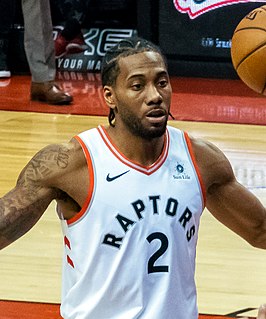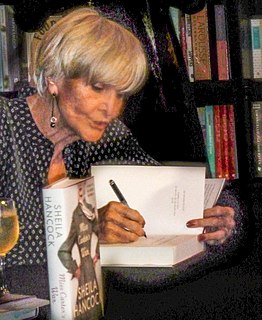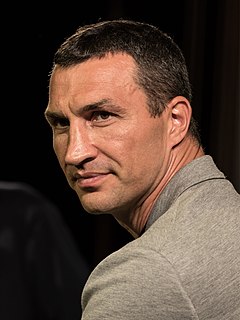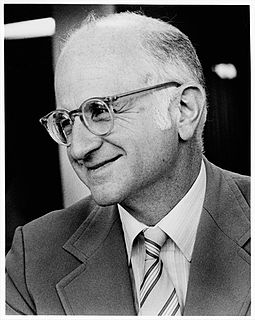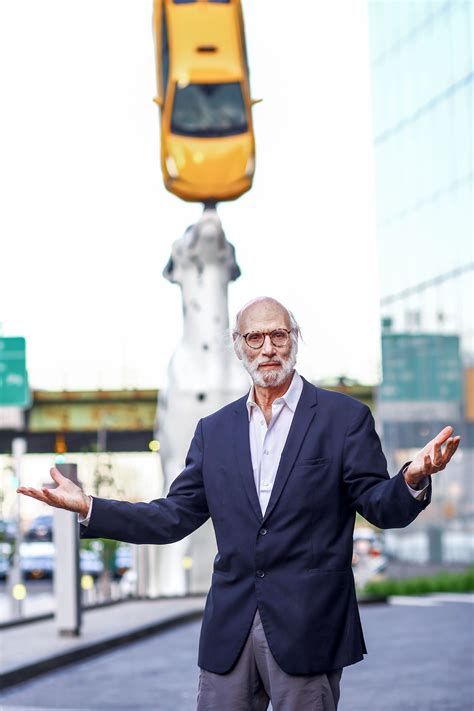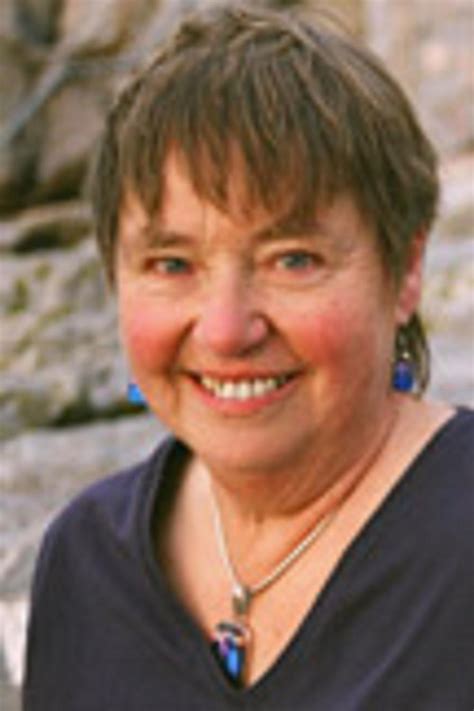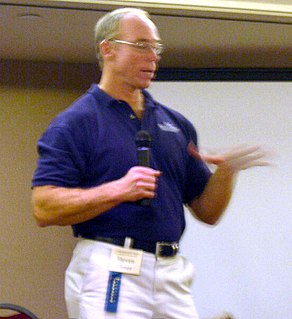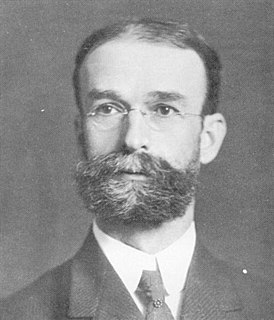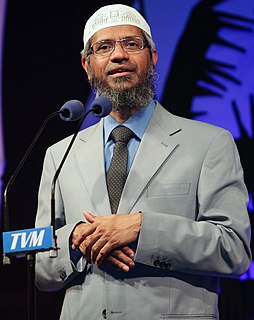A Quote by Benjamin Carson
Cancer can be attacked directly by metabolic enzymes and then be assisted by the enzyme diet programme. The second greatest cancer breakthrough of the 20th century is the metabolic organic effect on malignant tumours of correcting the body fluid pH to a non-acidic pH 7.1 to 7.5. A neutral pH 7.0 resists cancer formation. An acid body fluid pH of 6.44 and below permits tumours to biochemically become malignant. At pH 7.5 cancer may become inactive; at 8.5 tumours may disintegrate.
Related Quotes
The underlying idea is that you can prevent disease by balancing your body's pH... None of these claims are true. Furthermore, your body needs absolutely no help in adjusting its pH. Normally, the pH of blood and most body fluids is near seven, which is close to neutral. This is under very tight biological control because all of the chemical reactions that maintain life depend on it. Unless you have serious respiratory or kidney problems, body pH will remain in balance no matter what you eat or drink.
Cancer cells come pre-programmed to execute a well-defined cascade of changes, seemingly designed to facilitate both their enhanced survival and their dissemination through the bloodstream. There is even an air of conspiracy in the way that tumours use chemical signals to create cancer-friendly niches in remote organs.
The average student emerges at the end of the Ph.D. program, already middle-aged, overspecialized, poorly prepared for the world outside, and almost unemployable except in a narrow area of specialization. Large numbers of students for whom the program is inappropriate are trapped in it, because the Ph.D. has become a union card required for entry into the scientific job market.
The Ph.D. system was designed for a job in academics. And it works really well if you really want to be an academic, and the system actually works quite well. So for people who have the gift and like to go spend their lives as scholars, it's fine. But the trouble is that it's become a kind of a meal ticket - you can't get a job if you don't have a Ph.D.
I have a Ph.D. in philosophy and sports science. At 14, I went through this really tough Soviet training system. A lot of my roommates got psychologically broken or physically injured. Either you came through, or you were out. I made my Ph.D. work in the field of young athletes aged 14-19 because at this age any human is changing.
When I got out of the military, I finished up my education at the University of North Carolina at Wilmington, and I had some mentors who said, 'You got what it takes. You should consider going to graduate school, getting a Ph.D. in neuroscience.' I didn't think I had what it took until somebody who had a Ph.D. told me I had what it takes.






